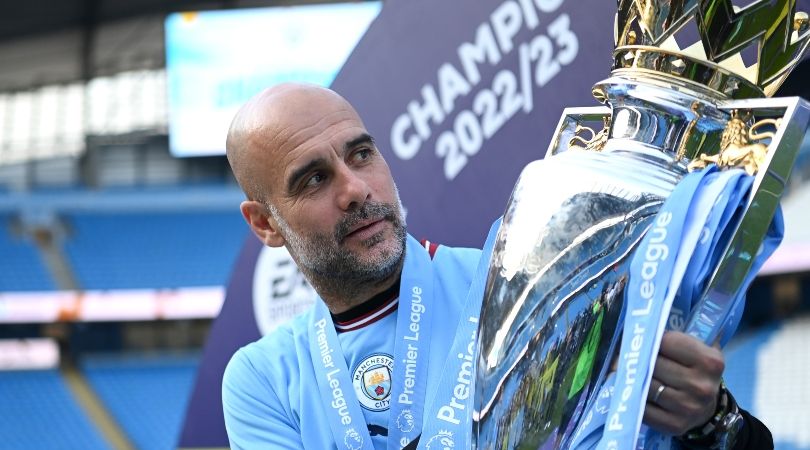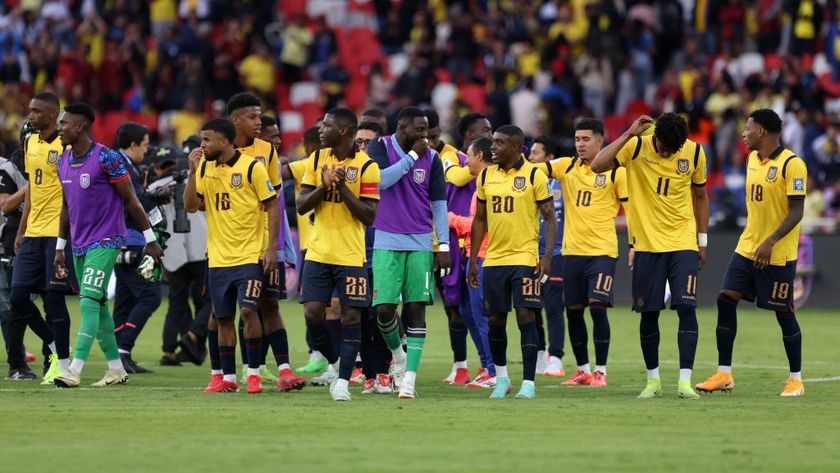Why football's PSR rulemakers should have listened to Karl Pilkington
June 30 saw a number of Premier League teams scramble to meet their profit and sustainability commitments

The misunderstood genius Karl Pilkington once said: “Don’t solve problems. Because any problem solved is a new problem made.”
And while it would be easy to pick apart that statement in regard to most aspects of life, the Mancunian podcaster-cum-philosopher is spot on when it comes to football finance regulation.
You may have noticed a spike in transfers over the past few days, with Sunday being an ‘unofficial transfer deadline day’, as Premier League teams scrambled to get their houses in order when it comes to profit and sustainability rules (PSR). Such was the amount of business done, Premier League clubs spent more over the past four days than they did in the whole of the January window, with £245million worth of deals going through.
VIDEO: Why Khvicha Kvaratskhelia is SO GOOD
With Nottingham Forest and Everton’s point deductions last season fresh in the memory, teams now know that if they do not meet their financial commitments by the June 30 accounting deadline, points will be docked.
Aston Villa, Everton, Chelsea and Newcastle, all clubs believed to be skating perilously near their PSR limits, were the busiest sides over the past few days, but what has this mad scramble really accomplished?
First up, we’ve seen clubs doing business with each other, which has led to the Premier League having to write to every club after a "significant number requested clarification" amid recent "swap" deals that have seen accusations of a PSR loophole being utilised.
Get FourFourTwo Newsletter
The best features, fun and footballing quizzes, straight to your inbox every week.

Villa and Everton saw Lewis Dobbin and Tim Iroegbunam trade places for reported £9 million fees each, while Villa also sold Omari Kellyman to Chelsea for £19m - which was £18,400,000 more than they paid for him from Derby two years ago and six appearances later. Ian Maatsen was a £35m signing for Villa from Chelsea.
It’s clear that the default reaction from plenty of football executives to a new rule will be to find a loophole, while a running joke on finance guru Kieran Maguire and Kevin Day’s Price of Football podcast is the increasingly wacky and wonderful listener suggestions of how to get past PSR limits.
Just as Karl Pilkington said, solving problems merely creates new ones.

But while these financial manoeuvres leave a bitter taste in the mouth, worse is the impact that PSR is having on young players. With homegrown sales going down as ‘pure profit’, academy youngsters are now a number on a balance sheet, rather than the local-born, heartbeat and soul of a football club.
Newcastle United, a club with a proud record of producing young talent have sacrificed Elliot Anderson, who has joined Nottingham Forest for £35m. Leeds United appear set to confirm the £40m departure of Archie Gray to Tottenham to appease the PSR overlords, as a player whose family is steeped in Elland Road tradition leaves his hometown club after a single season in the first-team.
Academy players will always hold a special place in the hearts of fans, as they get to vicariously live their dreams through a local lad. Teams are now incentivised to sell these players first, as the financial rules continue to drive a wedge between the fans and the game they love. It shouldn’t be that way.
More transfer stories
Liverpool deal for Newcastle United's Anthony Gordon 'could be revived' after talks breakdown explained: report
Manchester United agreement expected for Matthijs De Ligt deal, following contract talks: report
Arsenal in for Euro 2024 star, with crazy hijack ON: report
For more than a decade Joe Mewis has worked in football journalism as a reporter and editor, with stints at Mirror Football and LeedsLive among others. He is the author of four football history books that include times on Leeds United and the England national team.



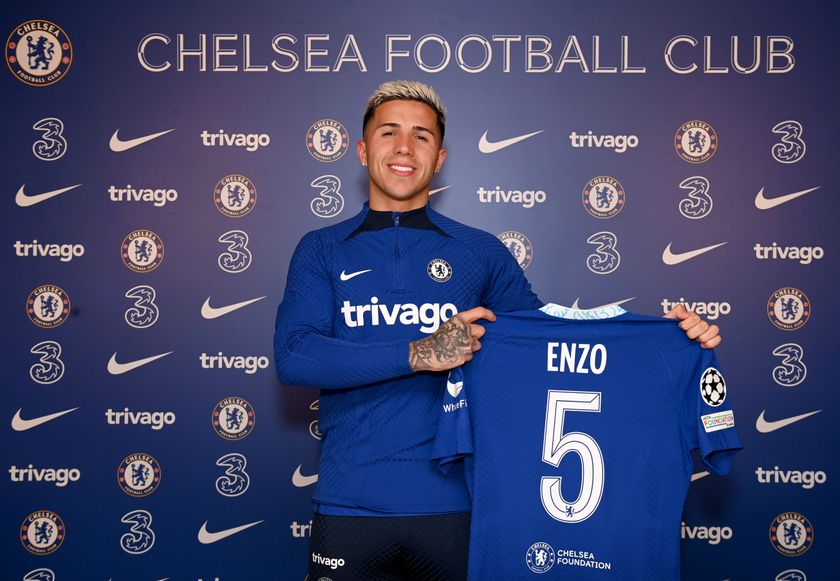

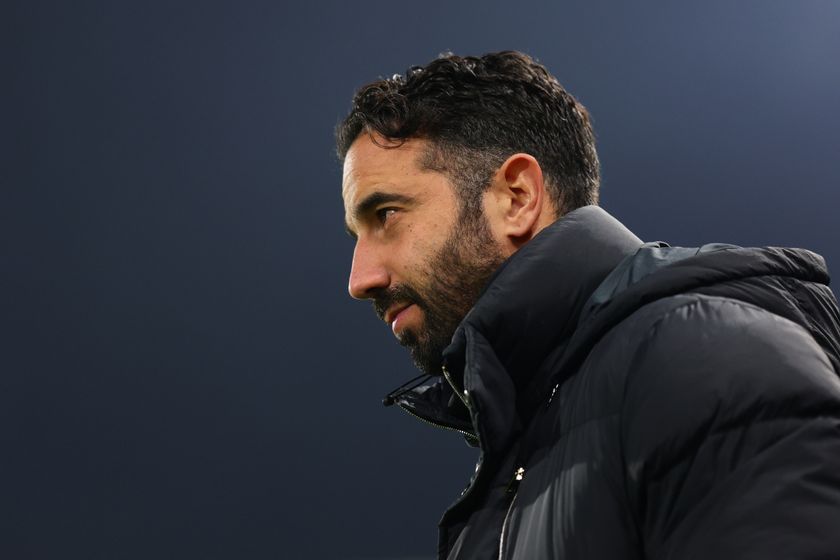
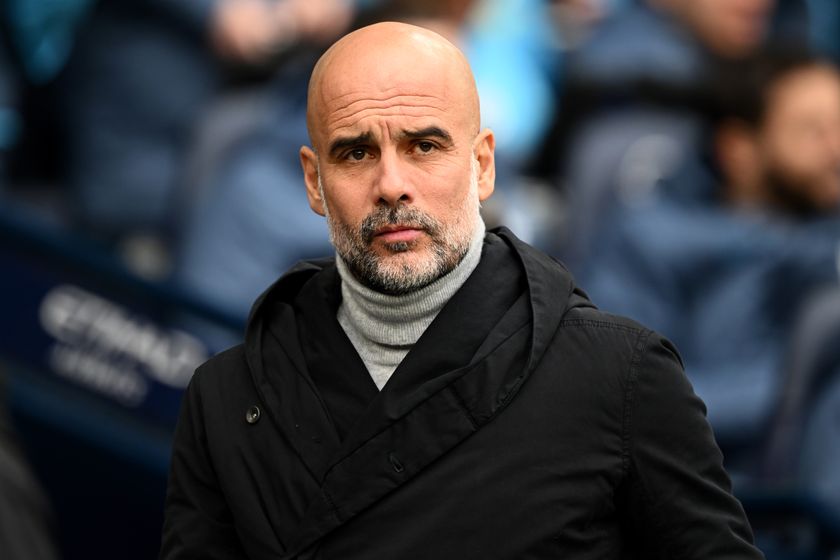
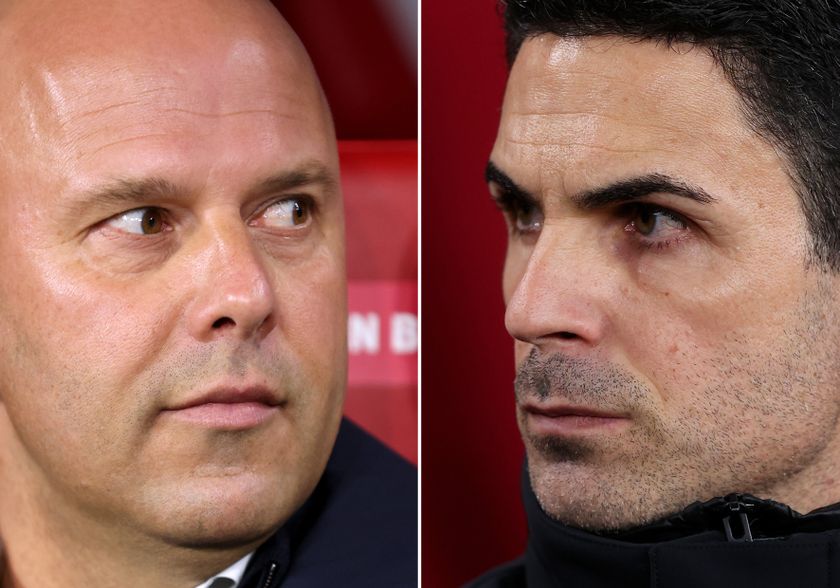



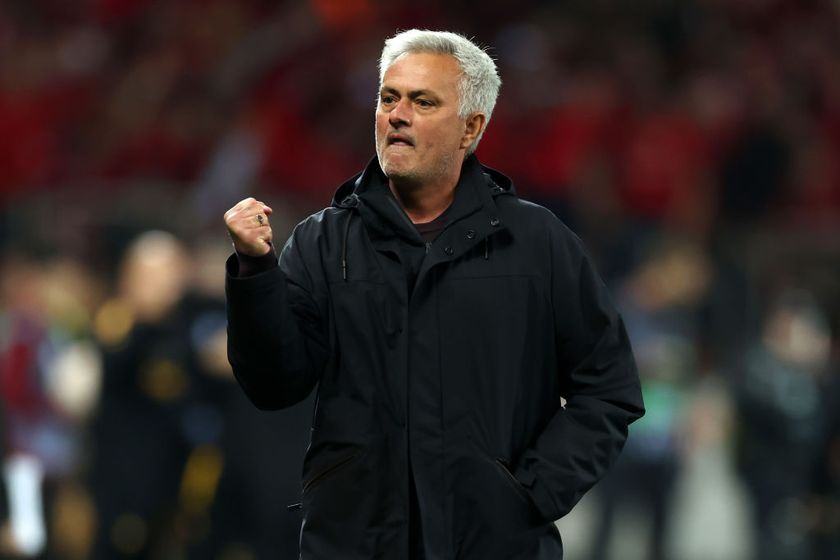

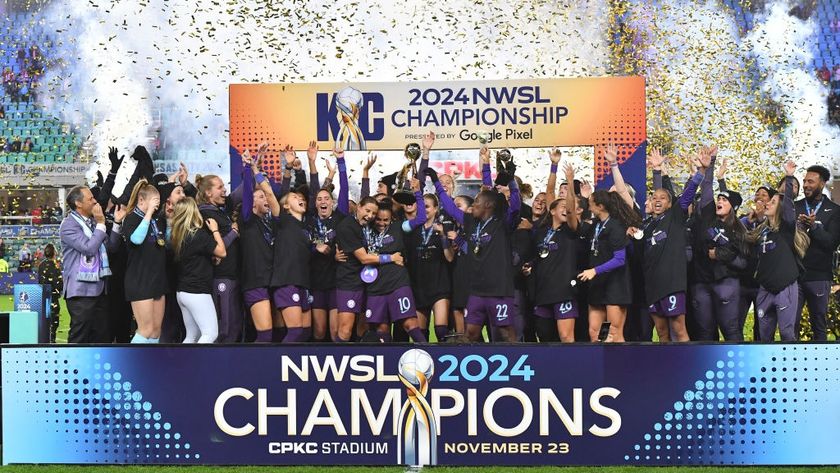

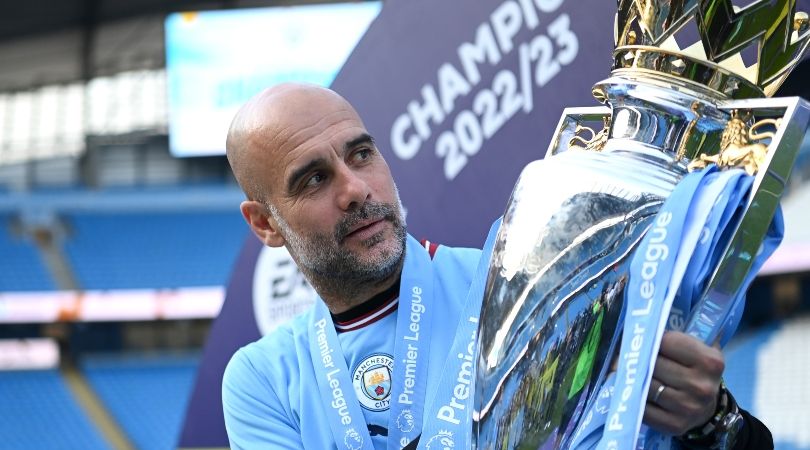

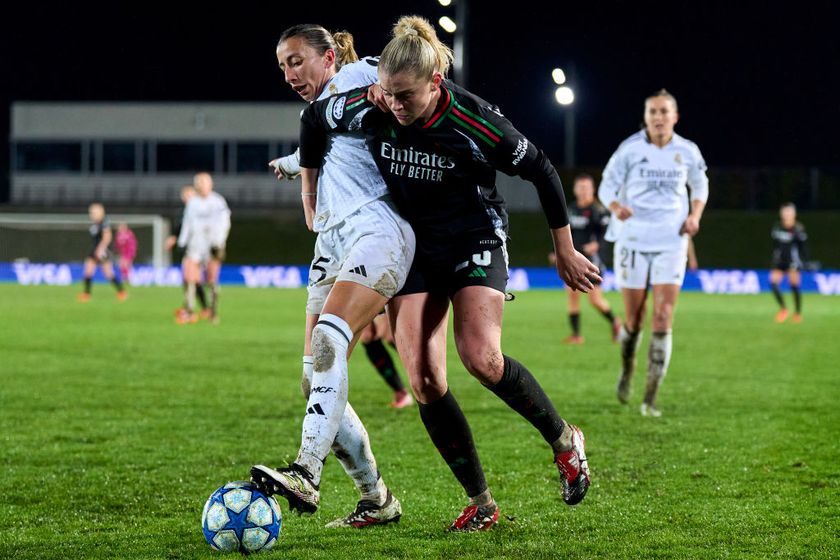

'When I see Phil Foden play, he just seems like a shy lad - that holds him back a little bit. He has been tried in every position, but he just hasn’t performed': Ex-England star makes bold claim about Manchester City man

Arsenal face losing Gabriel AND William Saliba, as new fears arise: report



